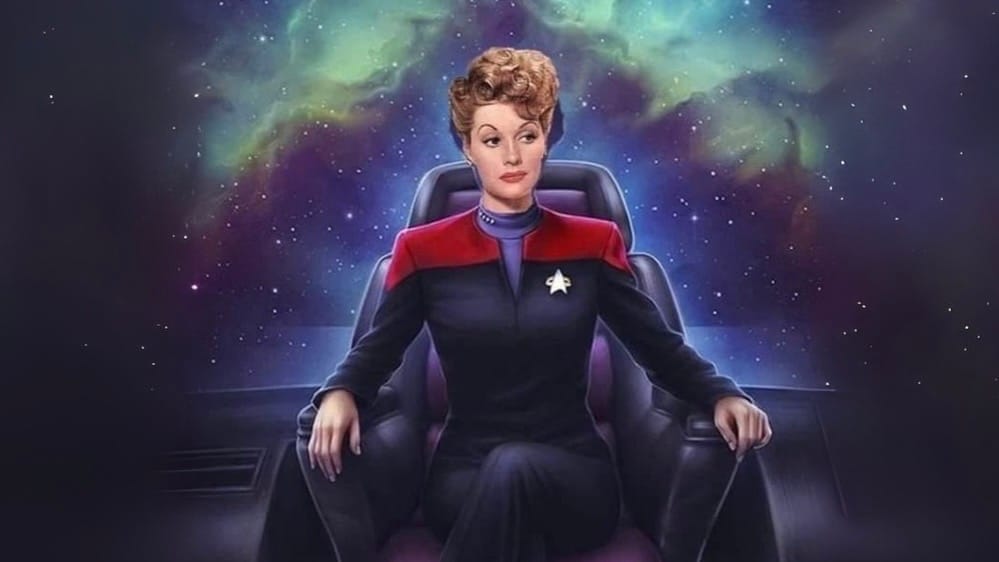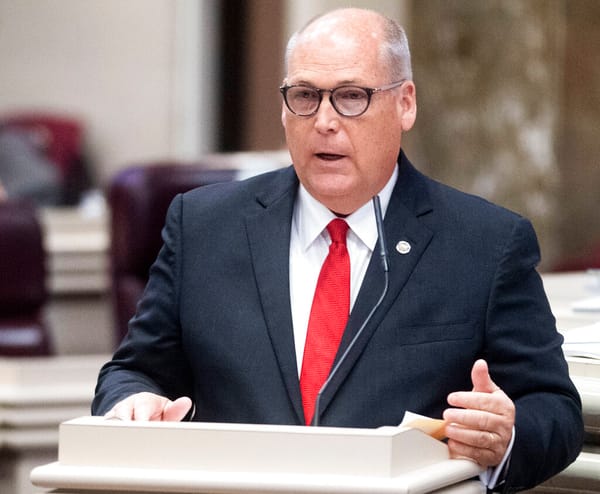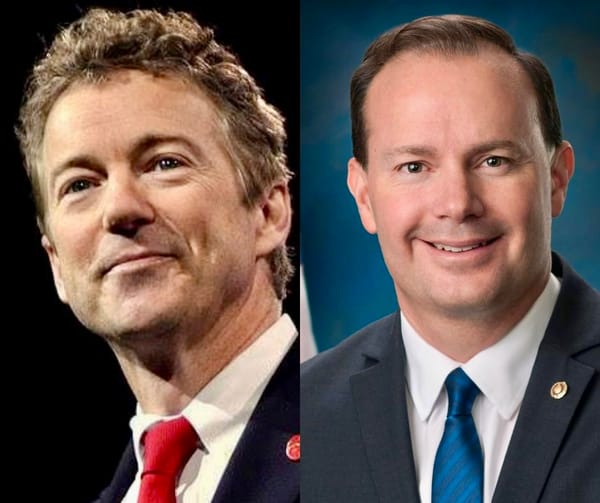Star Trek Day 2025: Celebrating a Legacy that Spans Generations
The first episode of Star Trek was broadcast in the U.S. on Sept. 8, 1966

Today marks Star Trek Day, commemorating the original broadcast of Star Trek: The Original Series on September 8, 1966. Fans around the world pause to honor a franchise that dared to dream, inspired generations, and reshaped our collective cultural view of tomorrow.
At the heart of Star Trek’s creation stands Lucille Ball, the powerhouse behind Desilu Productions. She is often credited as the franchise’s Godmother—not a title lightly earned. When Gene Roddenberry pitched what he envisioned as a “space western,” Ball alone had the clout to champion it—against skepticism from both her board and major networks.
Ball’s support was pivotal when the initial pilot, “The Cage,” failed to win a full series pick-up from NBC. Unwilling to let the project die, she not only backed a second pilot but also overruled her production board to finance it—including using her own money if needed.
Her belief in Star Trek turned the tide. Studio executive Ed Holly put it simply: “If it were not for Lucy, there would be no Star Trek today.”
More than a TV show, Star Trek became a vision of hope. It portrayed a future where people of all backgrounds worked together to explore boldly unknown frontiers. This hopeful future inspired countless young minds to dream of careers in science, engineering, and space exploration.
Notably, actress Nichelle Nichols—who played Lt. Uhura—was convinced to remain on the show after meeting Martin Luther King Jr., who told her she served as an inspiration to his daughters and to the whole country. Her presence on screen helped show that intelligence, leadership, and inclusion belong in the exploration of space.
Over time, Star Trek fueled real-world interest in NASA and STEM fields. Its influence helped break stereotypes, open doors, and planted the seeds for future innovation both on and off Earth.
At its best, Star Trek has addressed pressing cultural issues of the day. Perhaps this is nowhere better illustrated than this quote on the importance of free speech and the dangers of censorship and repression from Captain Jean-Luc Picard, from Star Trek: The Next Generation, S4.E21, "The Drumhead”—
With the first link, the chain is forged.
The first speech censured, the first thought forbidden, the first freedom denied, chains us all irrevocably...
The first time any man's freedom is trodden on, we're all damaged.
Despite being canceled after only three seasons and 79 episodes, Star Trek found new life in syndication. Its ideas resonated, propelling it into a sprawling media empire—featuring multiple TV spin-offs, films, books, and a fiercely devoted fan base.
From hand-held communicators and tablets to intelligent machines and computers, many of Star Trek’s imagined technologies have inspired real-world innovations. Its core message—a belief in the possibility of a better tomorrow—continues to echo through modern culture, 59 years after that first broadcast.




